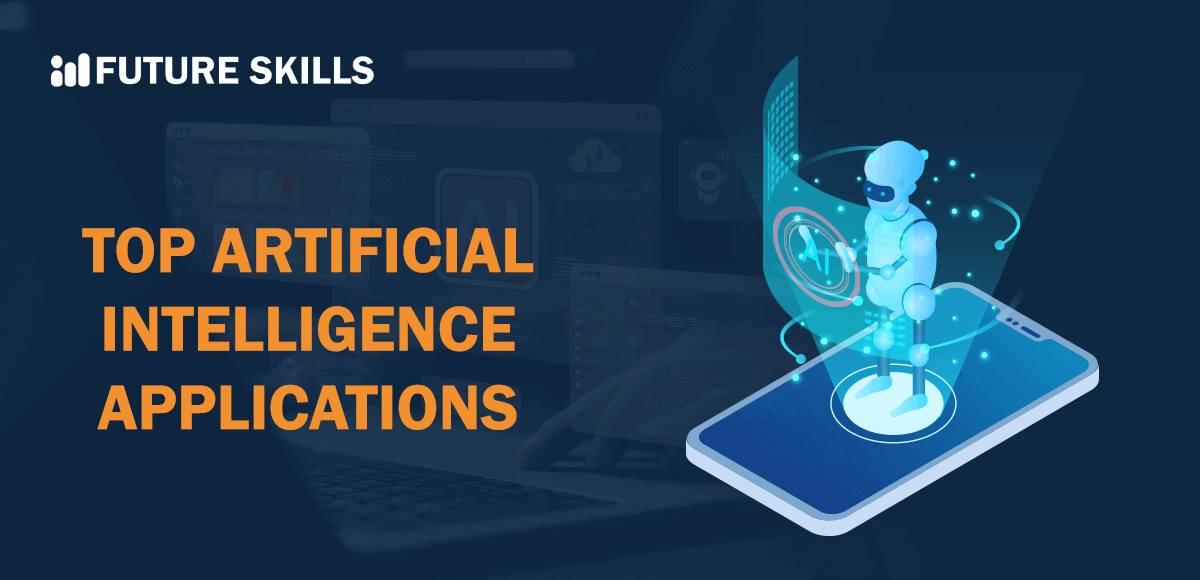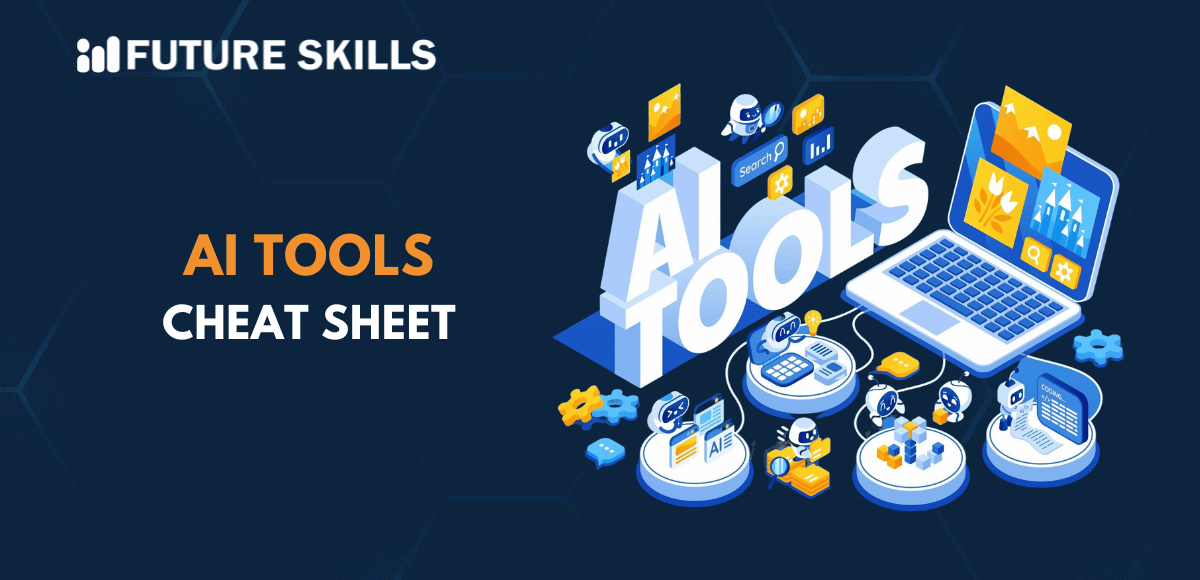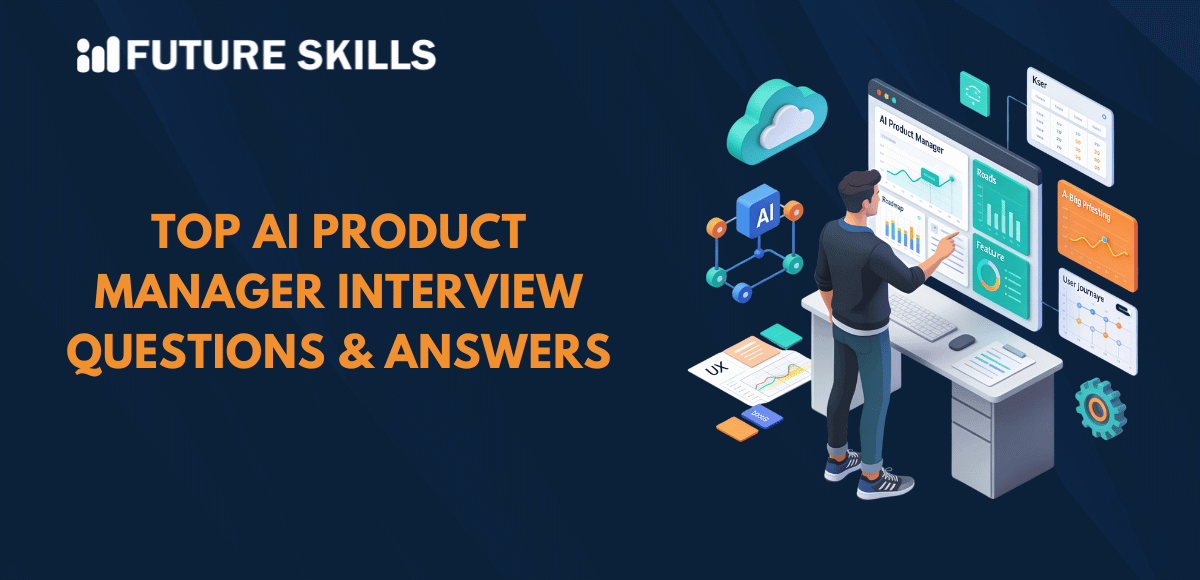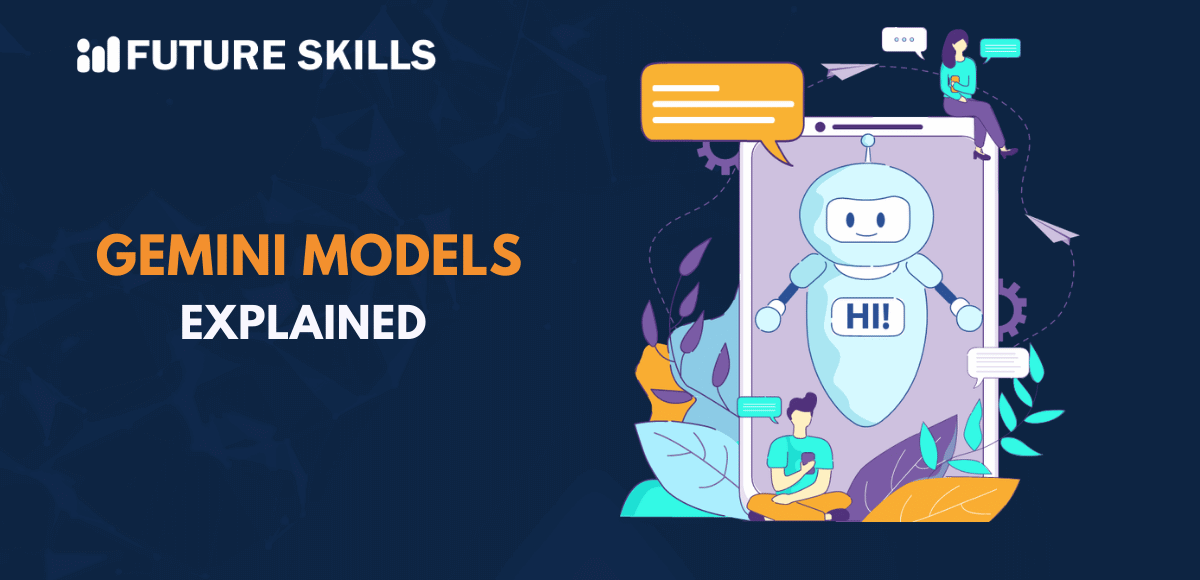Artificial intelligence has emerged as a powerful force of change for businesses and the everyday lives of people. Imagine how businesses achieve better productivity by using AI-powered chatbots. As a matter of fact, AI can help businesses offer personalized experiences to their users through apps. Therefore, the top artificial intelligence applications have garnered the attention of businesses worldwide.
Interestingly, the AI app market could have a capitalization of more than $38 billion by 2028. The evolution of AI technology also increases the chances of more businesses switching to AI processes. Let us take a look at some of the most popular artificial intelligence applications that you should watch out for.
Want to gain practical skills in using OpenAI API and implementing API calls to facilitate LLM interactions, Enroll now in the Certified Prompt Engineering Expert (CPEE)™ Certification.
Are Artificial Intelligence Applications a Feasible Idea?
One of the first things that comes to mind before learning about the best artificial intelligence applications is their feasibility. Will AI applications be useful? How will they serve different types of businesses? You can find the answers to such questions in the diverse use cases of AI across different industries.
Gartner has reported that almost 37% of organizations have implemented artificial intelligence in some form. Other predictions suggest that almost 95% of customer interactions will be with AI applications by 2025. Here is an overview of the applications of AI in different sectors.
-
Artificial Intelligence in Marketing
Marketing serves as a valuable tool for informing customers about the products and services of a business. The most popular AI applications in the domain of marketing, such as Netflix, can offer revolutionary value advantages. The streaming giant utilizes AI for its recommendation engine that suggests films and shows that you would like. It accounts for the previous selection of films and actions of users to offer smart suggestions. Therefore, customers would have a personalized user experience.
-
Artificial Intelligence in Finance
The financial services sector can also leverage artificial intelligence in different ways. Algorithmic trading is one of the best examples of AI applications in finance, which can help in identifying future patterns in market. AI-based systems can process massive volumes of data within a short span of time. Therefore, machines can learn the best practices for observing patterns in historical data. Financial services institutions can leverage AI to enhance productivity and stock trading performance.
-
Artificial Intelligence in Healthcare
The answers to “What are the best applications of AI?” would point towards healthcare. Artificial intelligence applications can be useful in healthcare for developing sophisticated machines to detect cancer cells and diseases. The use of computer vision for analysis of mammograms has served to make crucial improvements in early detection of breast cancer in women. Furthermore, AI in the pharmaceutical sector can leverage historical data and medical research to aid innovative developments.
-
Artificial Intelligence in Social Media
Social media has emerged as an integral tool in the lives of every individual. It has become a treasure trove of data generated through chats, posts, tweets, and many other assets. Therefore, AI and machine learning can use the massive repositories of data to improve user experiences on social media. For example, Facebook AI supports face verification, which leverages machine learning and deep learning for detection of facial features.
-
Artificial Intelligence in Agriculture
The world must produce 50% more food by 2050 for survival, thereby placing the onus of protecting the world on agriculture. The latest artificial intelligence applications in agriculture can help farmers achieve more output alongside ensuring sustainable use of resources. One of the top examples of AI applications in agriculture is precision spraying, which utilizes object detection for precisely spraying pesticides on plants.
Level up your ChatGPT skills and kickstart your journey towards superhuman capabilities with Free ChatGPT and AI Fundamental Course.
Top Artificial Intelligence Apps
The mainstream recognition of AI apps has emerged as a formidable advantage for growth of the artificial intelligence landscape. Artificial intelligence apps have shown the world that anyone could tap into the benefits of AI without extensive technological knowledge. Here are some of the top artificial intelligence apps that are all over the headlines.
1. ChatGPT
The best entry among top artificial intelligence applications would be ChatGPT by OpenAI. It got the whole world talking about the power of AI within days of its launch. The AI chatbot uses a natural language process to offer generative AI functionalities such as understanding human language and responding in a conversational manner. ChatGPT utilizes the GPT-3.5 LLM, and ChatGPT Plus leverages the GPT-4 model. Recently, OpenAI launched the GPT Store, which helps users access popular GPTs for specific tasks.
2. Bing AI
Microsoft introduced a revolutionary enhancement of its Bing search engine by leveraging the GPT-4 model in February 2023. The Bing AI chat offers ChatGPT access to the complete internet along with information on recent events. Bing achieved a 15.4% rise in web traffic after the OpenAI integration. Microsoft has created one of the best artificial intelligence applications to update the Edge browser user experience with AI technology. For example, the Edge sidebar can help summarize lengthy text, and the compose feature helps write new content based on prompts.
3. Siri
One AI app that probably doesn’t need an introduction is Siri. The AI-powered virtual assistant rules across all Apple devices with its personalized services. Siri utilizes voice queries alongside a natural language user interface to make phone calls, send text messages, and answer questions. It also helps delegate requests to different internet services. Siri can also adapt to users’ preferences, searches, and languages. With almost 36% of the market share in voice assistant technology, Siri is one of the best examples of mainstream AI apps.
4. Alexa
Another popular virtual assistant that dominates the market is Amazon Alexa. It came first in the Amazon Echo Dot and Amazon Echo speakers, and now you can find Alexa on different platforms. Alexa is also one of the most popular AI applications that use a combination of different AI technologies. It utilizes voice queries, natural language processing, machine learning, Wolfram programming language, computer vision, and other technologies. Alexa is available across more than 100,000 smart home devices, thereby indicating the broad scale of its usage.
5. Google Assistant
The voice-powered virtual assistant by Google also finds a spot in this list of top AI apps for its functionalities. Google launched Google Assistant in 2016, and it has emerged as one of the most advanced virtual assistants. Google Assistant has made more significant developments than latest artificial intelligence applications through collaborations with different companies.
As a result, Google Assistant can be available on different types of devices, such as cars, smartphones, headphones, and fridges. Almost 70% of the requests to Google Assistant are in the form of natural language rather than keywords. As of now, Google Assistant works with around 50,000 smart home devices by over 10,000 popular brands.
6. Socratic
Socratic jumped into the limelight when Google announced that it had acquired the app in 2019. It is an AI-powered app that helps students with their homework and mathematics tutoring. Socratic is one of the best answers to the question, “What are the best applications of AI?” in the field of education. Students can upload images on Socratic with their smartphone camera, and the tool uses its capabilities to offer visual explanations of the concepts that students must learn. With more than 10 million downloads, Socratic is obviously one of the most loved AI apps.
7. Grok
The xAI startup by Elon Musk launched Grok in December 2023. Grok is a conversational, generative AI chatbot with a sense of humor and the ability to answer questions with wit. As of now, you can access Grok only in the beta version if you are an X Premium+ subscriber in the United States. According to the developers, the Grok-1 model behind the chatbot would evolve every week. It stands as one of the distinctive generative AI chatbots with access to real-world data.
8. FaceApp
FaceApp is another notable example of how AI applications can become a part of everyday lives of people. It is one of the top artificial intelligence applications that utilize AI to enable users to make creative enhancements in images. The app allows users to adjust the aesthetic features of their face, such as makeup, facial hair, or hairstyle. The app also allows users to change physical features of the face, such as perceived age, face shape, and gender characteristics. The developers of FaceApp have also come up with another app, FaceApp Video, which helps to apply similar modifications to videos.
9. Duolingo
Duolingo is another example of AI apps that have revolutionized the field of education. It is useful for accessing different types of listening, reading, and speaking exercises in different types of global languages. Duolingo uses AI to pace the lessons according to the performance of individual learners. On top of it, it also leverages machine learning algorithms to enhance the courses while considering the intricacies of different languages.
10. Calm
The next popular example of AI apps is Calm, which has over 50 million downloads on the Google Play Store. Calm is one of the most popular AI applications for meditation in the market right now. The app offers guided meditation, stretching, and sleep exercises alongside music and visuals that can help users focus and relax. On top of it, Calm also leverages AWS Personalize to deliver more personalized recommendations and experiences to users.
Final Words
The outline of best artificial intelligence applications in different sectors showcases the variety of potential you can discover with AI. On the other hand, the list of top AI apps also proves how artificial intelligence has penetrated the world of business and our everyday lives. Even Netflix’s recommendation engine is an example of an AI-powered app.
Within a few years, artificial intelligence applications would become an integral part of different aspects of our lives, including healthcare and education. Staying updated with the latest artificial intelligence applications offers valuable insights into the prospects for inducing change with AI. Learn more about other artificial intelligence applications that have the capability to become major contributors to the AI revolution right away.





